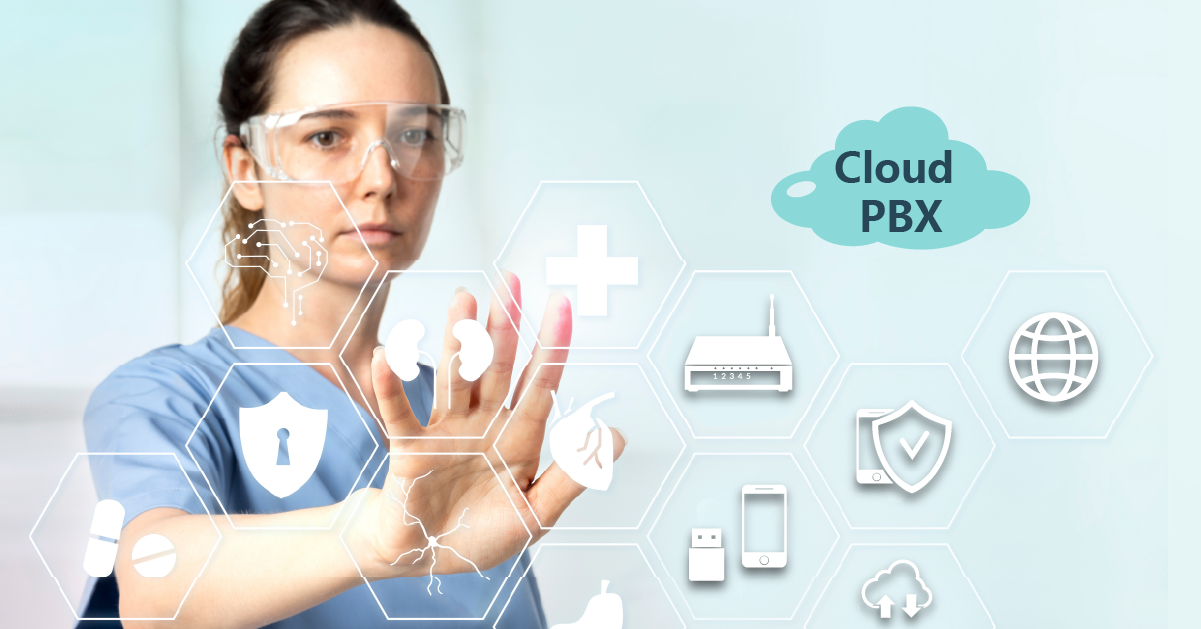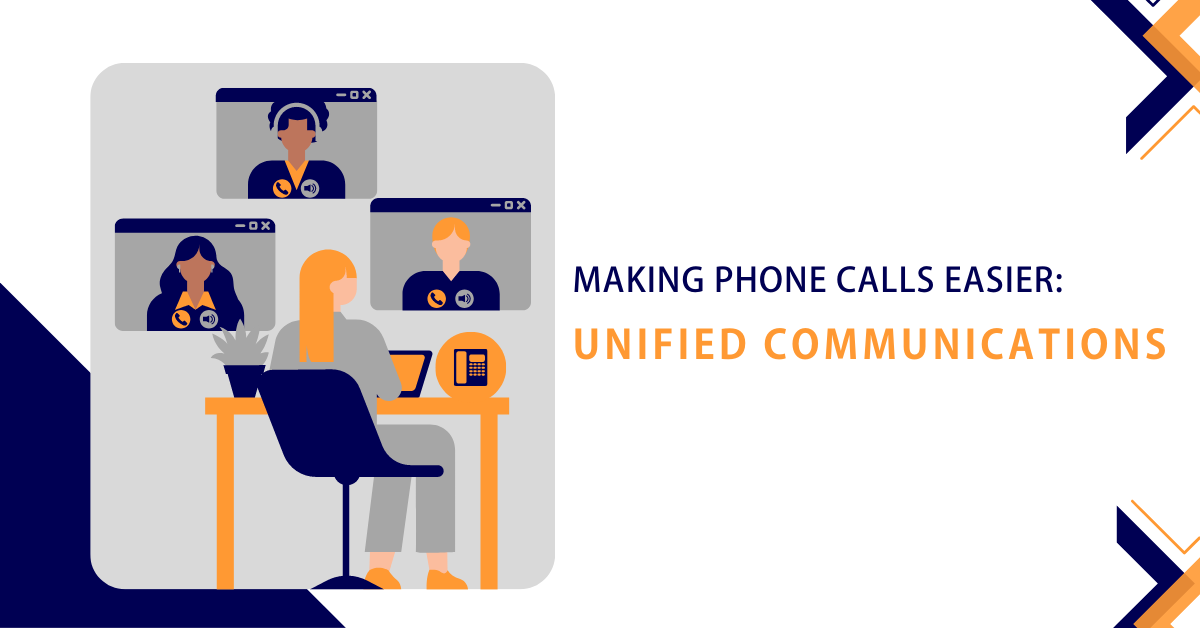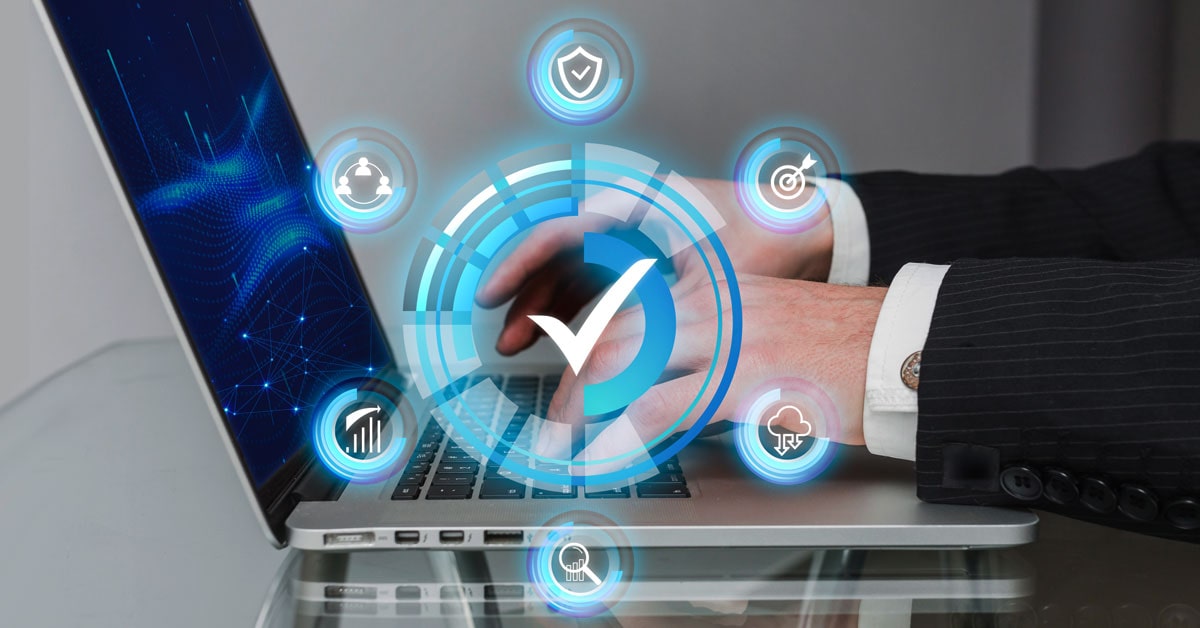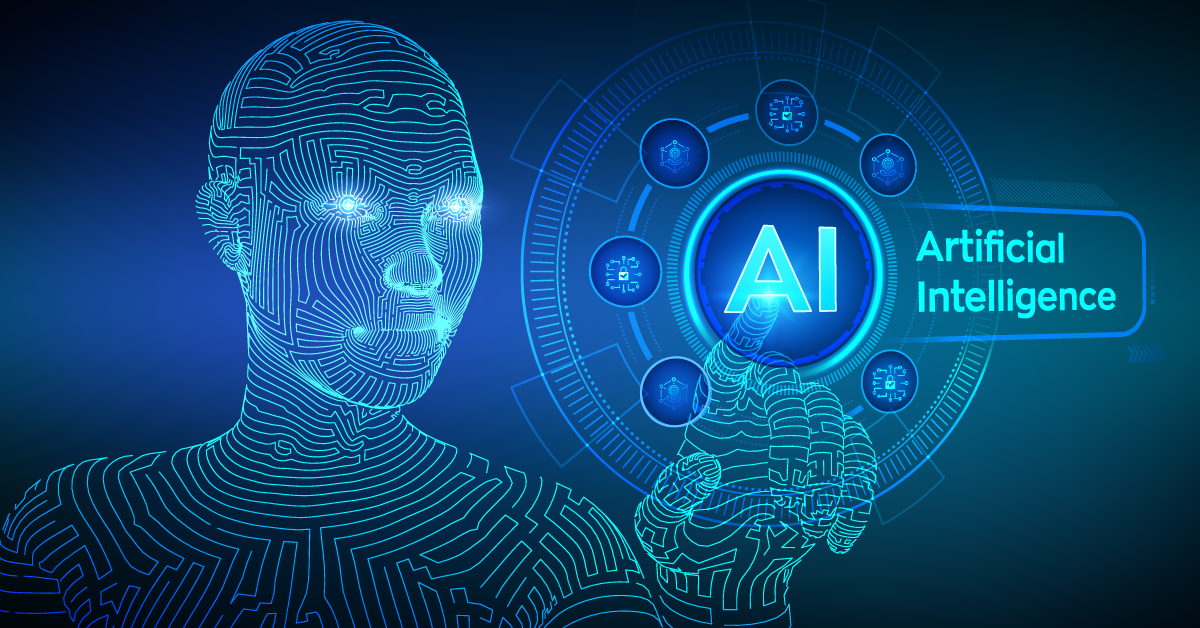Sustainable Healthcare: The IoT Revolution
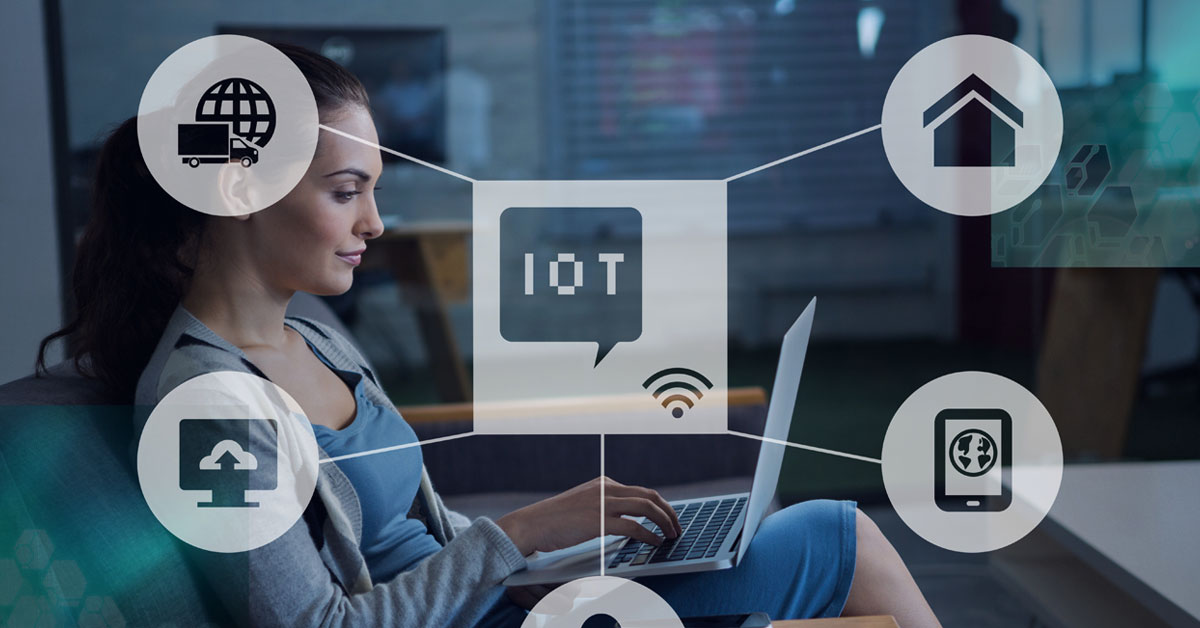
4 min read
Table of Contents
Healthcare providers are struggling to care for a population unable to take care of itself. Computer science provides a potential solution: the Internet of Things. The epidemics of obesity, opioid addiction, and diabetes are three serious public health crises converging to form the ultimate storm in the healthcare industry.
Businesses have primarily used the IoT, but hospital staff and their patients can benefit from its ability to efficiently manage supply chains and identify safety risks.
In fact, this much has become so clear to many people that they’ve begun looking for ways to salvage what they can and create sustainable healthcare and business models. One of the most disruptive emerging fields is one we call Intelligent Healthcare, but what exactly is it? To understand what IoT Healthcare really means, we need to break down its components: IoT and intelligent software.
While emerging technologies offer greater access to Healthcare, they also pose risks to patient safety and privacy. The IoT revolution in the healthcare industry could disrupt the way we deliver care by digitizing our operations and merging them with our lives outside of work. To avoid these negative consequences, a series about how technology impacts workers, patients, and healthcare organizations can guide providers through this complex space.
The blog compares AI to the human brain and how it works in order to understand how it functions. It will provide information on how this technology will improve Healthcare in-office, phone systems for healthcare providers.
Office phone system for Healthcare
Office phone systems for Healthcare will bring the power of technology and creativity closer to patients while bolstering security, efficiency, and sustainability across the industry.
The power of AI and the IoT is exciting, but it also presents significant challenges to workers in a variety of industries. AI can impact healthcare professionals in office phone systems for healthcare providers. Such as medicine via predictive tools, telemedicine services via remote patient monitoring, surgery through robotic assistants, and more!
Office phone systems will have a positive impact on patient’s lives by helping them manage more complex health needs in their busy lives. They will be able to ask questions at any time from anywhere, continentally or even over video chat services. A business phone app allows patients to have more control over their health and well-being.
The IoT revolution for Healthcare introduces numerous opportunities that we would like to bring to light. The tools can be used for a variety of purposes, such as monitoring blood pressure, heart rate, blood glucose levels, sleep disturbances or wearable sensors that track physical activity via GPS devices.
Unified communications providers will use wearable sensors to monitor the health and well-being of a patient. AI will help doctors by bringing together data from all sources in one place. And makes it easier to access information about the patient. These technologies will help doctors make informed decisions about their treatment plans.
While AI might seem like something out of science fiction, it’s already being used in office phone systems for medical care providers to diagnose illnesses and determine needed medical care. The growing capabilities of AI will change the way we deliver care, in particular, how we track and manage chronic conditions such as diabetes.
How IoT Will Improve the Healthcare?
Predictive Analytics
Predictive analytics is a significant contribution of IoT to sustainable Healthcare. For example, using real-time data from sensors on patients’ bodies and their environment, data scientists can develop algorithms that predict patients’ conditions and remotely monitor their health.
Healthcare IT
Healthcare IT is a key sustainable healthcare technology in widespread use today. The Internet of Things, cloud computing, virtualization, and big data analytics have extended the reach of medical care IT to hospitals and clinics around the world by linking all these disparate systems into a single digital health network. This centralization of patient records for better care coordination has also reduced some of the costs associated with storing patient information in private databases.
Robotics in Healthcare
Robots are also a key contributor to sustainable Healthcare. Robots such as automated surgical-enhancing robots enhance patient care and reduce the need for human surgeons. They also help reduce medical errors and improve productivity.
Medical care Waste Management
As with the many other industries (automotive, retail and more.) that have successfully implemented IoT technologies, it will improve the efficiency and sustainability of healthcare systems worldwide. Have also put in place a number of IoT-enabled waste management solutions to ensure that patient data is protected from potential misuse or fraud while reducing costs associated with disposing of medical devices.
Environmental Sustainability
Another significant contribution of IoT to sustainable Healthcare is the reduction of environmental impacts associated with medical care facilities. Medical care facilities are more energy-efficient than ever before. Energy consumption is also in line with improvements in health system and equipment. The use of energy-efficient lamps in health system settings has greatly reduced power consumption, especially during off-peak hours.
Off-site Medical Device Recycling
In addition to being environmentally more efficient, medical devices can also be recycled. Off-site medical device recycling services remove unwanted devices from medical care facilities. And deliver them to associated hospitals’ recycling centres for safe disposal of obsolete equipment. It reduces the costs associated with the disposal of such equipment. It can help reduce the overall carbon footprint of medical care facilities worldwide.
Sustainable Healthcare: IoT
IoT is transforming medical care systems worldwide to make them more sustainable and efficient. Reviewing these highlights provides a glimpse of the possibilities for sustainable Healthcare with improvements in medical care and equipment.
Conclusion
IoT is a cornerstone of sustainable healthcare systems. With a wide range of benefits, from reducing medical errors and improving patient care to reducing waste and energy consumption. And extending the reach of healthcare IT, IoT is an essential development in sustainable health system for the future.
Unified communications providers contribute to the success and better service. There have been happy customers of unified communications technology for years.
Transform Healthcare with IoT
Explore the latest advancements in sustainable IoT solutions for healthcare and find out how to improve patient outcomes.
Published: November 22nd, 2023
Subscribe to Our Latest Updates
Get monthly product and feature updates, the latest industry news, and more!

